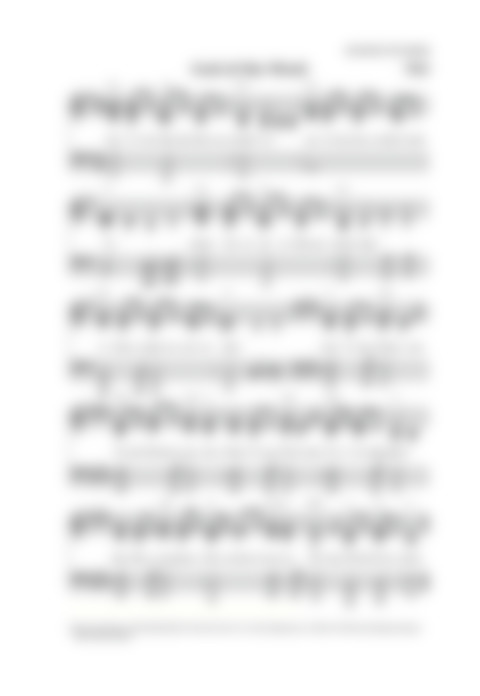765
God of the Word
Copyright Information
- Text Copyright
- © 1993 Ken Medema Music/ Brier Patch Music
- Tune Copyright
- © 1993 Ken Medema Music/ Brier Patch Music
- Reprint/Projection Information
- Words and Music: Permitted with a license from CCLI.com. If you do not own this license, please contact the copyright holder for permission.
Scripture References
Further Reflections on Scripture References
The first half of this song describes the human situation – one of babble, chaos, and loss of meaning – and then asks what can be done. The second half finds answer in the Word of God, and pleads for that Word to “visit us with grace.”
Sing! A New Creation
Confessions and Statements of Faith References
Further Reflections on Confessions and Statements of Faith References
This song expresses our confidence in the truth and power of the word, as taught in Our World Belongs to God, paragraph 32 and Belgic Confession, 7: These scriptures are sufficient for they contain the will of God completely and “everything one must believe to be saved is sufficiently taught in it.”

You can view this hymn by purchasing it in our Lift Up Your Hearts mobile app.


Due to copyright restrictions,
we cannot display this hymn on our website or provide printable copies of it.


 My Starred Hymns
My Starred Hymns



